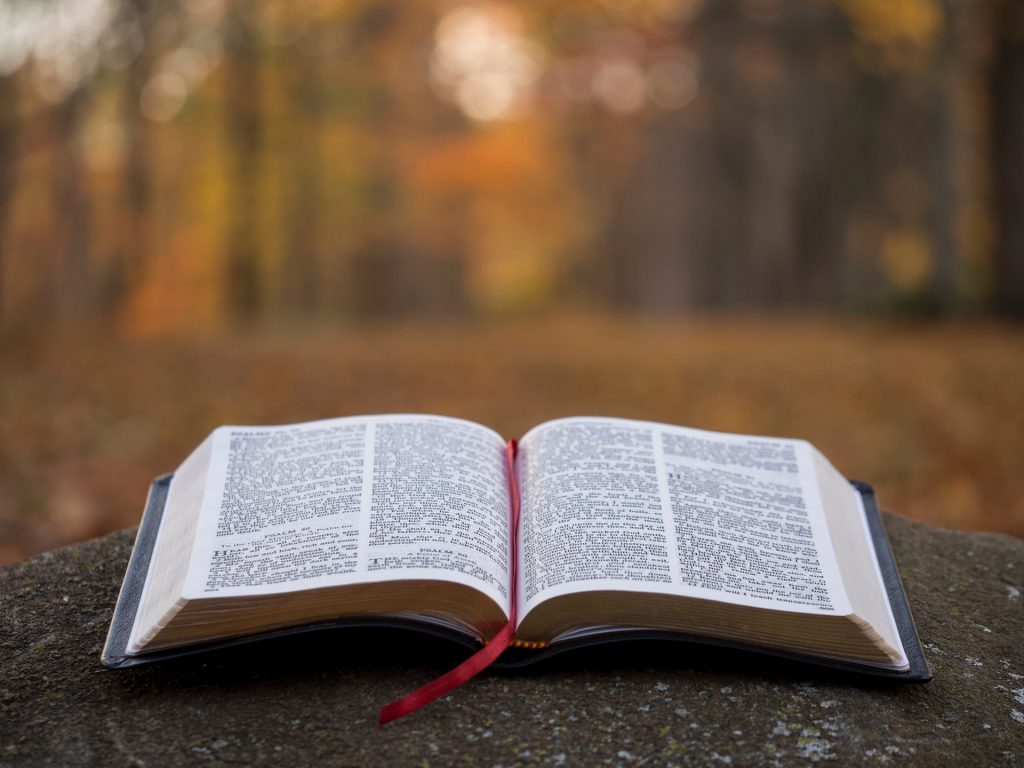Proverbs 9: Wisdom or Folly?
August 9, 2022
TODAY'S BIBLE READING:
Nehemiah 1-2, Proverbs 9, Luke 16:1-9, 1 Timothy 6:1-10

With such warm praise of wisdom as the book of Proverbs has given us so far, it is natural to ask what could be the appeal of its opposite, that is folly? What is the way that wisdom invites us to follow its path, and what is the way that folly appeals to us to follow its contrasting way? This chapter answers that question.
Verses 1-12 outline the invitation of wisdom. First, Wisdom’s house is stable (9:1) and celebratory (9:5). Wisdom is not a killjoy, but neither is it crazily unreliable. Wisdom is a joyful solidity, an effervescent reliability. Second, wisdom is characterized by the willingness to learn more (9:7-9). A wise person is noticeable by his constant desire to learn more. It is the fool who thinks he has no more to learn. Third, wisdom, at its very foundation, is based upon the fear of the Lord (9:10). Remember this above all, this grand principle throughout the book of wisdom: It is never foolish to do the right thing, it is never a mistake to do what God wants, whatever anyone else says, whatever your feelings might say. In great contradiction to the spirit of our age, according to the Bible the path of wisdom is not to follow your dreams, but to follow God’s Word. For when we fear God and follow what he says, we discover the true dream in being what we were made to be as we become more and more the works of art that God intended.
Verses 13-18, by contrast, outline the invitation of folly. First, folly is unruly (9:13). You cannot tell folly what to do; folly will not follow the rules. Second, folly always wants things to be simple (9:13). Anything complicated or profound is too much for folly. Third, folly also has a house, but rather than sending out messengers to come to its well-organized home, it is depicted as sitting and shouting out at anyone who happens by; folly is lazy and chaotic (9:14-15). Fourth, folly appeals to the immoral (9:17): stolen water is sweet, food eaten in secret is delicious. Anyone who argues that what is wrong is pleasant, despite it being wrong, is listening to the voice of folly. What is wrong is always in the end bitter and deathly (9:18).
But with all these great contrasts between wisdom and folly, there is one great similarity: both wisdom and folly are inviting people to follow their two very different paths. The conclusion is clear. We must choose whether we will follow the path of wisdom, or that of folly. Will we have a joyful solidity, an effervescent reliability? Will we always want to learn more? Will we fear the Lord? Or instead, will we reject the voice of wisdom and instead listen to the voice of folly? Will we refuse to follow good rules? Will we insist on everything being simplistic and not complicated? Will we be lazy and chaotic? Will we be taken in by the lie that what is wrong is right because it feels right, and so end in bitterness and death?
The other aspect of this passage to point out is this. There is no middle ground. All of us have elements of foolishness within us, but still we must decide whether to follow the voice of God’s wisdom or listen to the voice of human foolishness.
ABOUT THE AUTHOR
Josh Moody (Ph.D., University of Cambridge) is the senior pastor of College Church in Wheaton, IL., president and founder of God Centered Life Ministries, and author of several books including How the Bible Can Change Your Life and John 1-12 For You.
WANT MORE?
To receive God Centered Life devotionals directly in your inbox, as well as other resources, enter your email address in the form at the bottom of this page and click "subscribe."

